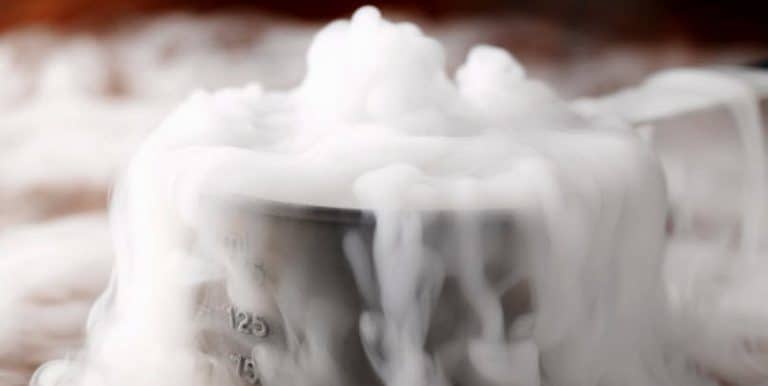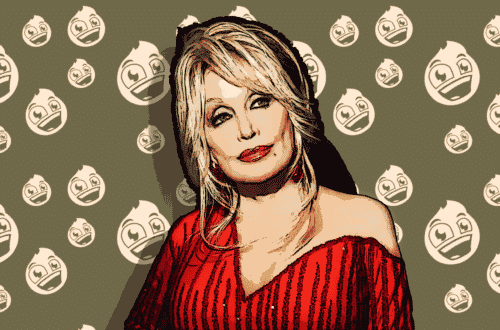
Massive Beer Shortage In UK After CO2 Production Drops
Major wholesaler Booker, owned by Tesco, in the United Kingdom has began rationing the sale of beer to its customers. Customers such as grocers and bars are limited to ten cases of beer per brand each day – that’s just 300 cans of beer of a specific brand that a bar can purchase each day.
The rationing comes after the United Kingdom has a shortage of carbon dioxide (CO2), which is also used in the production of meat, soft drinks, food packaging, and the storage and cooling of foods. This shortage, strangely enough, has been caused by the fertilizer industry. The CO2 that helps make soft drink and beer fizzy is a byproduct of ammonia which is produced for fertilizer, and many of the major ammonia plants in Europe have been closed for maintenance.
This is severely effecting the UK, as there is only one ammonia plant operating normally. Demand has increased due to the warmer weather and with the World Cup happening, people are drinking more beer than usual. Heineken released a statement last week, warning that some brands may not be available in Britain, such as Amstel.
“We’d like to reassure beer drinkers that all our breweries are operating at full capacity, and we’re working 24/7 to get beers to our customers as quickly as possible.”
Other industries such as food production and packaging have also had issues, as carbon dioxide is often used to stun birds before they are killed. Shraddha Kaul, public affairs manager at British Poultry Council said; “If birds cannot be stunned, then they cannot be slaughtered … an inability to slaughter would mean birds remaining on the farm, [where] their welfare would have to be carefully managed. Further impact may be on hatching of chicks with no farms to go to.”

CO2 is used in the packaging of foods to extend its shelf-life and keep them fresher for longer. Products such as salads and meats have a reduction in shelf life by approximately one day if they are not packaged with CO2. CO2 is also used for transporting frozen foods, commonly known as dry ice, and as such Ocado, an online supermarket in the UK, warned customers that it may be unable to deliver frozen foods.



